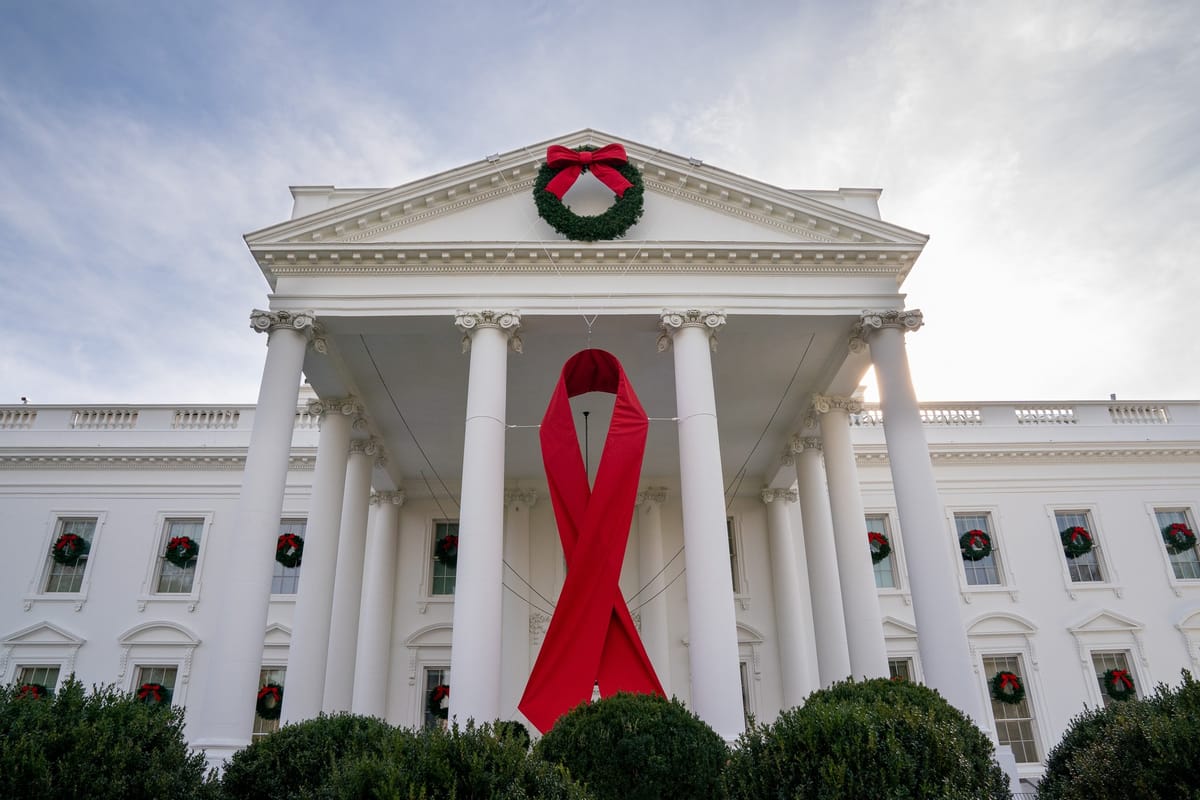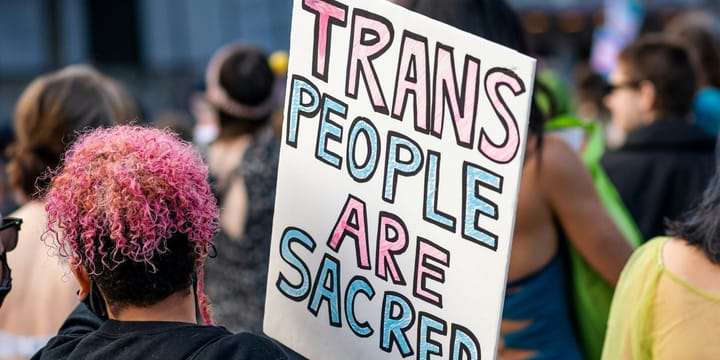US government, led by Trump, announces it will not be marking this year’s World AIDS Day

For the first time since 1988, the United States government will not officially commemorate World AIDS Day on 1 December, breaking with a tradition observed by both Republican and Democratic administrations for almost 37 years.
According to reports, the State Department has instructed federal employees and grantees to refrain from using government funds or public platforms to mark the day. The directive, circulated internally earlier this month, forms part of a broader policy to “refrain from messaging on any commemorative days” - a move that has sparked criticism from health advocates and LGBTQ+ organisations. Staff may attend locally organised events but are prohibited from speaking publicly or promoting their participation online.
A spokesperson for the State Department defended the decision, stating: “An awareness day is not a strategy. Under the leadership of President Trump, the State Department is working directly with foreign governments to save lives and increase their responsibility and burden sharing.”
World AIDS Day, established by the World Health Organisation in 1988, has long served as a global moment to honour those lost to AIDS, raise awareness about HIV prevention, and highlight progress in treatment. Traditionally, the United States has used the occasion to showcase its flagship programme, the President’s Emergency Plan for AIDS Relief (PEPFAR), which has invested more than $120 billion worldwide since 2003 and is credited with saving millions of lives. However, PEPFAR now faces proposed cuts of nearly $1.9 billion in the upcoming fiscal year, alongside earlier freezes in foreign aid that disrupted HIV prevention and treatment programmes globally.
Critics argue the decision signals a troubling retreat from leadership in the global fight against HIV/AIDS. UNAIDS recently warned that donor cuts have already led to millions losing access to life-saving medicines, with modelling suggesting up to 10 million additional infections and three million deaths over the next five years if funding reductions continue.
While the administration insists its focus is on “direct action” rather than symbolic gestures, advocates say the absence of official recognition undermines decades of progress and sends a damaging message at a time when HIV remains a major public health challenge worldwide.
Support independent LGBTQ+ journalism
Scene was founded in Brighton in 1993, at a time when news stories about Pride protests were considered radical. Since then, Scene has remained proudly independent, building a platform for queer voices. Every subscription helps us to report on the stories that matter to LGBTQ+ people across the UK and beyond.
Your support funds our journalists and contributes to Pride Community Foundation’s grant-making and policy work.
Subscribe today




Comments ()